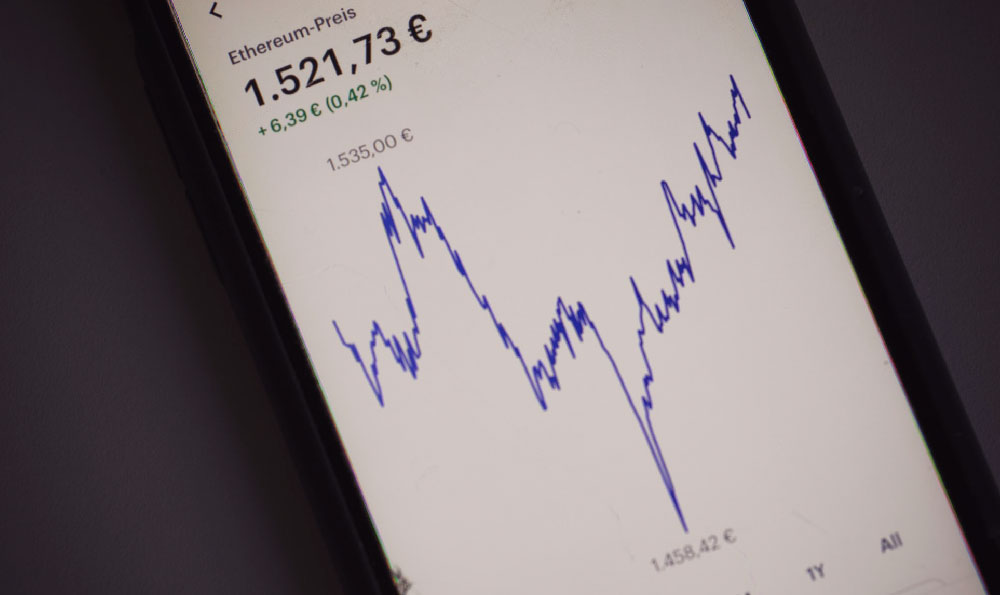How Does Elon Musk Earn Money: Top Income Sources
Elon Musk's journey to financial success is a tapestry woven from multiple threads, each representing a distinct income stream that has contributed to his immense net worth. While his public persona often centers on visionary projects like electric vehicles and space exploration, the reality is far more nuanced. His wealth accumulation strategy involves a blend of entrepreneurial ventures, strategic investments, and leveraging intellectual property, each playing a pivotal role in shaping his financial landscape. Understanding these elements not only illuminates the path to his prosperity but also offers insights for investors seeking to emulate his approach in their own financial decisions.
At the core of Musk's income is his ownership stake in Tesla, Inc., a company that has evolved from a niche automotive startup into a global leader in sustainable energy. His initial investment in Tesla during its early stages was a calculated risk, as the company faced skepticism about the viability of electric vehicles. However, Musk's unwavering belief in the technology and his relentless work ethic transformed Tesla into a profitable entity. The company's growth has been driven by innovations such as the Model S, which redefined the luxury car market, and the Gigafactory, which slashed production costs while scaling manufacturing. Investors can draw parallels to this by recognizing the importance of long-term vision in high-risk ventures. Musk's ability to align his personal interests with the company's mission created a symbiotic relationship, where his financial gains are directly tied to Tesla's success. Strategic decisions, such as the company's expansion into renewable energy and autonomous driving, have positioned Tesla as a dominant player in multiple sectors, demonstrating how diversifying revenue streams can mitigate risks and maximize profits.
SpaceX, Musk's aerospace company, represents another critical income source, albeit one that is not as immediately monetizable as Tesla. Founded with the ambitious goal of reducing space travel costs and enabling interplanetary colonization, SpaceX's journey has been marked by both triumph and setbacks. The company's initial years saw significant financial strain, with Musk personally funding operations and facing near-bankruptcy. However, a breakthrough came with the development of the Falcon 1 rocket, which achieved the first successful launch of a privately developed liquid-fueled rocket. This success opened doors to lucrative government contracts, including partnerships with NASA for cargo resupply missions to the International Space Station. The financial turning point was further solidified when SpaceX secured a $1.6 billion contract for the Dragon spacecraft, which became a cornerstone of the company's revenue. Investors might learn from this by understanding that even in highly speculative industries, perseverance and innovation can lead to substantial returns. Musk's approach to funding SpaceX through a mix of personal capital and venture investments underscores the value of patience and regulatory compliance in scaling a business.

Beyond his direct ownership in Tesla and SpaceX, Musk has capitalized on his early ventures, such as PayPal, which laid the groundwork for his financial prowess. PayPal's initial success in facilitating online payments through its eBay integration provided him with a significant portion of his wealth. The company's acquisition by eBay in 2002 for $1.5 billion was a pivotal moment, allowing Musk to diversify his assets and invest in other projects. This experience taught him the importance of scalability and market disruption, principles that have guided his subsequent ventures. Investors can apply this by recognizing the potential of early-stage ventures to generate substantial capital, but also by carefully assessing the market conditions and exit strategies before committing resources.
Musk's income is further bolstered by his holdings in various other ventures, including The Boring Company and Neuralink. While these companies may not have achieved the same level of profitability as Tesla or SpaceX, they contribute to his wealth through strategic partnerships and licensing agreements. For instance, The Boring Company's focus on tunneling technology has attracted interest from municipalities and private developers, particularly in urban infrastructure projects. Neuralink, a neurotechnology startup, has garnered attention for its potential applications in brain-computer interfaces, which could revolutionize healthcare and technology. These ventures highlight the importance of innovation in driving long-term value, even if the financial returns are not immediately visible. Investors might find inspiration in Musk's willingness to invest in bold ideas, provided they align with a clear technological or market potential.
In addition to active business ventures, Musk has managed his wealth through strategic investments in other companies and assets. His early investments in Bitcoin, for example, have proven to be a savvy move given the cryptocurrency's dramatic rise in value. While the specifics of his Bitcoin holdings remain private, the decision to invest in a high-risk, high-reward asset demonstrates his understanding of market trends and the importance of diversification. Investors can learn from this by incorporating alternative assets into their portfolios, while maintaining a disciplined approach to risk management.
Musk's financial success is also tied to his intellectual property and brand value. His patents for battery technology and electric vehicle designs have provided significant licensing revenue, though they were reportedly sold to Tesla for a nominal fee to ensure the company's progress. This strategy underscores the importance of protecting and monetizing intellectual property in a competitive market. Furthermore, his personal brand has attracted lucrative opportunities, such as media appearances, book deals, and collaborations with other industry leaders. These income sources illustrate how brand equity can become a valuable asset, particularly in sectors where innovation and influence are paramount.
Finally, Musk's approach to wealth management emphasizes a balance between reinvestment, charitable giving, and personal financial prudence. While he has not disclosed all his financial details, his investments in startups and his advocacy for space exploration suggest a philosophy of reinvesting in high-impact projects. This mindset resonates with the principles of compounding wealth, where capital is continually redeployed to generate exponential returns. Investors might take note of how Musk prioritizes long-term growth over short-term gains, a strategy that requires patience and a deep understanding of market dynamics.
In conclusion, Elon Musk's financial trajectory is a testament to the power of strategic entrepreneurship, innovation, and diversified investments. Each income source, from his ownership in Tesla to his involvement in aerospace and neurotechnology, reflects a unique aspect of his approach to wealth creation. For investors, analyzing these elements can provide valuable lessons in risk management, long-term vision, and the importance of staying ahead of market trends. By adopting a similar mindset, individuals can navigate the complexities of the investment world with greater confidence and clarity.















